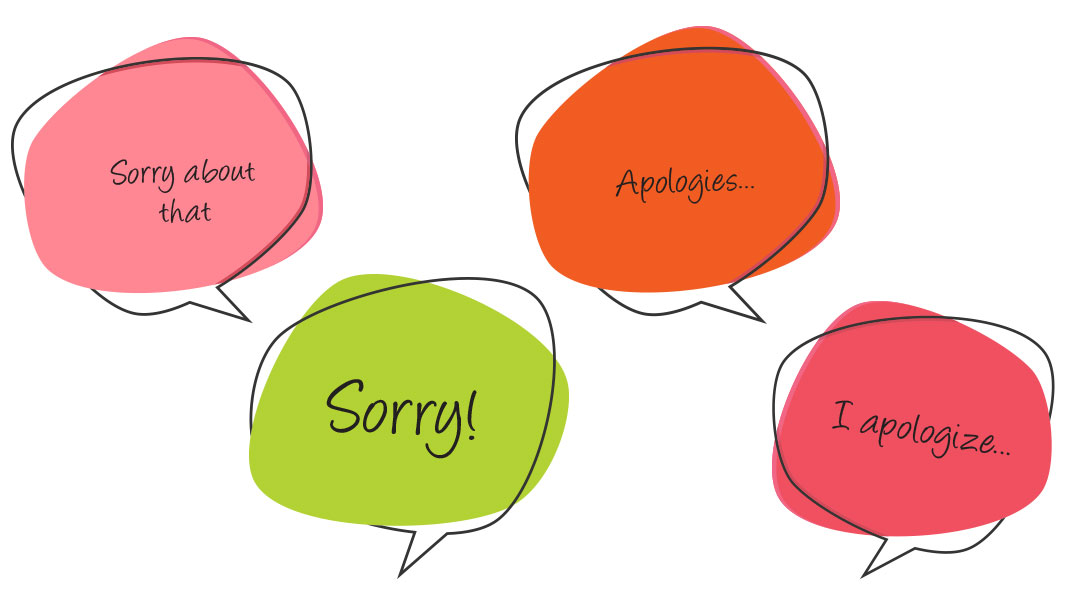Am I paying too high a price for saving money?

I might save a few dollars by checking two stores to see who has a better Kipling sale, but at what expense?

Introducing…
I love a bargain. Who doesn’t? Like many of my friends and relatives, we’re a two-income family, yet still struggle to end the month in the black. I love to save money, both for the slight cushion it adds to my slim bank account, and for the thrill of beating the system in some small way.
Sometimes, though, I wonder why I bother. I shop around for the best price on brackets for our shelves, but then I misplace a library book and end up with a $20 fine. It feels like one step forward, two steps back. Of course, it’s not one or the other — I didn’t forget to return my book because I was busy comparison shopping — but maybe I should forget the penny-pinching and couponing, because the time I spend on them isn’t justified by their impact on my bottom line.
I’m not one of those frugal fiends who have binders with price lists and know all the stores’ sale cycles in their sleep. I’m just a regular mother who likes to feel that I’m getting good value for my money.
Economists love talking about opportunity costs — the losses of possibilities that are the inevitable result of any choice we make. If I were an hourly employee that would be super easy to compute, since any minutes I waste on shopping would translate into fewer minutes for earning dollars.
But being “just” a mother, and a salaried employee, how do I evaluate my time?
I might save a few dollars by checking two stores to see who has a better Kipling sale, but at what expense? Time spent baking muffins with my kids while talking about the upcoming school year? Taking a walk with my husband?
Bottom line: Am I paying too high a price for saving money?
The Challenge
No more comparison shopping! That means no more comparing Amazon and Walmart to see whose 13-gallon garbage cans are cheaper. I buy an item I need as soon as I see it at a reasonable price, and save the time I’d normally spend looking for the absolute lowest price.
I’m still allowed to read reviews or price-check big-ticket items — the camera I hope to use for years, assuming I don’t drop it in the tub again — is worth spending a few hours researching.
I don’t set myself a time limit, because I want to try this out for an indefinite period. I’ll end it when I achieve some clarity.
Getting Ready
If I were one of those organized professional thrift shoppers, I’d probably stock up on a three-month supply of everything I might need at its lowest possible price. But being the money-saving dilettante that I am, I close my eyes and leap with no advance preparation. Gulp. Time to start buying everything full price.
How It Went Down
My first big test after making my commitment is a very mundane item: a casement window handle to replace a cracked one. And, to make my challenge even easier, Home Depot only stocks one variety in the size I need. So it’s a no-brainer, right?
Until I see the price. It can’t really cost that much! Amazon almost certainly has it cheaper! But without a smartphone, I can’t check until I get to my office. My hand hovers over the shelf, and I hesitate. Buy now, or compare?
“Don’t be ridiculous, Self,” I say. “You already made the trip, you need it, and the $2 you might save — even the $5 you might save — isn’t worth the time it’ll take to locate the right item.” Because shopping is a rabbit hole, I remind myself, and nothing actually takes five seconds.
So Home Depot gets a customer, but doubt gnaws at me as I drive to work. How much should it have cost? I greet my coworkers, grab a coffee, sit down to check today’s email, and resist a powerful urge to check how much the handles are going for on Amazon. “Stop!” I reprimand myself. “This is the whole point. You are free of the need to second-guess yourself and seek the best price. Good enough is good enough.”
I stick to my decision during the pre-Purim shopping frenzy with mixed results. Hobby Lobby is overpriced, but I come bearing coupons, and I tell myself that getting everything in one trip, at one place, will yield dividends in peace of mind that is worth the extra cost. But boy, is their spray paint expensive!
So I’ll only order the spray paint for Moishy’s cardboard-box fire engine. At $6.59 in Walmart, it’s just over half of what the store charges. I’m good with that decision until the box arrives and I realize I accidentally put two into my shopping cart. And flammable spray paint is not returnable. Should’ve followed the rules and just gotten it in the store!
The ensuing weeks follow a similar pattern. Whenever I stick to the rules and buy the first reasonable item, I feel great, but itch to know if I’m overpaying. When I check, though, I rarely end up regretting my initial purchase.
Looking Back
Liberating. That’s the only way to describe the feeling of picking up something in a store and asking, “Do I need this? Can I afford it?” and making a decision based only on that.
The savings in mental energy and time are incredible. The surprise is that I don’t feel like it cost me much financially either, since I’m less likely to grab an impulse purchase simply because it’s a bargain.
On the other hand, it still hurts to buy something when I know I could be getting a better price if I shop around. I’m trying to make a habit of assessing if the dollars I’d save on this particular purchase are worth investing the time. If the answer is no, then I try to resist the bargain-hunting impulse.
My recent purchases include:
Knock-off Natives: $16 (cheaper than real, but still not the cheapest)
11-quart soup pot: $43 (the best of three comparable models in a single store)
Taking care of my to-buy list quickly, without multiple stops: priceless.
I dare say: Time is money.
Dare role model: A friend of mine who buys whatever she needs in the local frum stores without overthinking things. She may pay a bit more than I do, but she expends far less of her headspace on Stuff, which is much healthier.
Next dare: Practicing time-management skills on my newfound time.
(Originally featured in Family First, Issue 701)
Oops! We could not locate your form.













